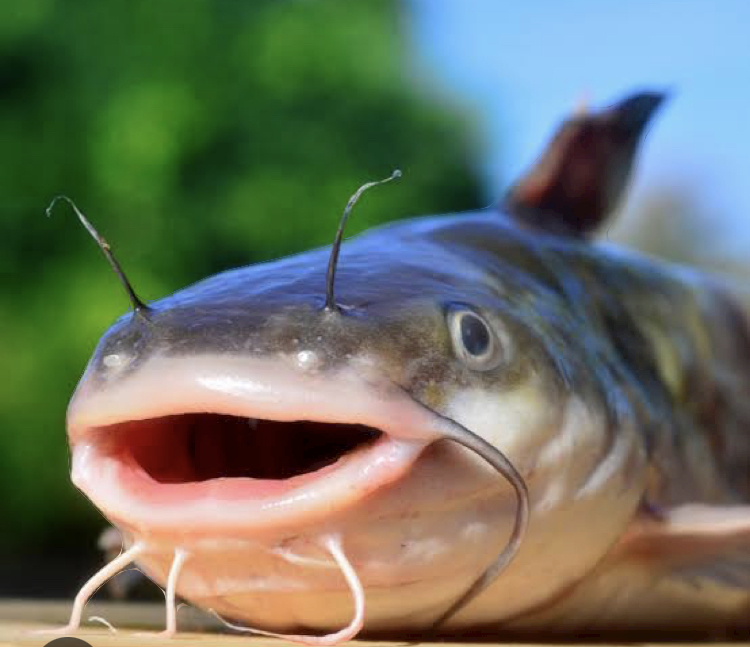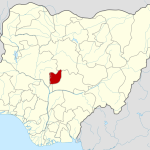
1: Fish Farming – A Sustainable Solution to Meet Growing Demands?
Fish farming, also known as aquaculture, is the practice of raising fish in controlled environments. It’s the fastest-growing sector of animal food production, meeting a rising global demand for seafood.
Contents
Benefits of Fish Farming:
- Reduces pressure on wild fish stocks: Overfishing is a major threat to ocean ecosystems. Fish farming can provide an alternative source of fish, lessening pressure on wild populations.
- Increased food security: Aquaculture is a significant source of protein, particularly in developing countries. It can improve food security and nutrition.
- More efficient production: Fish farms can raise fish in controlled environments, optimizing growth rates and feed conversion.
Challenges of Fish Farming:
- Environmental impact: Fish farms can pollute waterways with excess nutrients and antibiotics used to prevent disease. Escaped farmed fish can disrupt ecosystems.
- Fish welfare concerns: Crowded conditions in some fish farms can raise welfare concerns.
- Dependence on fishmeal: Many fish farms rely on fishmeal made from wild-caught fish, potentially negating the sustainability benefits.
2: The Future of Fish Farming: Innovative Practices for a Sustainable Industry
Fish farming is constantly evolving to meet the challenges of sustainability and consumer demands. Here are some innovative practices shaping the future of the industry:
- Aquaponics: This integrated system combines fish farming with hydroponics (growing plants without soil) The nutrient-rich water from the fish tank fertilizes the plants, while the plants help filter the water for the fish.
- Offshore fish farming: Raising fish in open ocean cages reduces the environmental impact on coastal ecosystems and allows for better water quality.
- Alternative feed sources: Research is ongoing to develop sustainable fish feed that doesn’t rely on wild-caught fish. Options include plant-based proteins and insect meal.
- Recirculating aquaculture systems (RAS): These closed-loop systems treat and reuse water, minimizing waste and water usage.
By adopting these advancements, fish farming has the potential to be a more sustainable and ethical source of food for the future.




